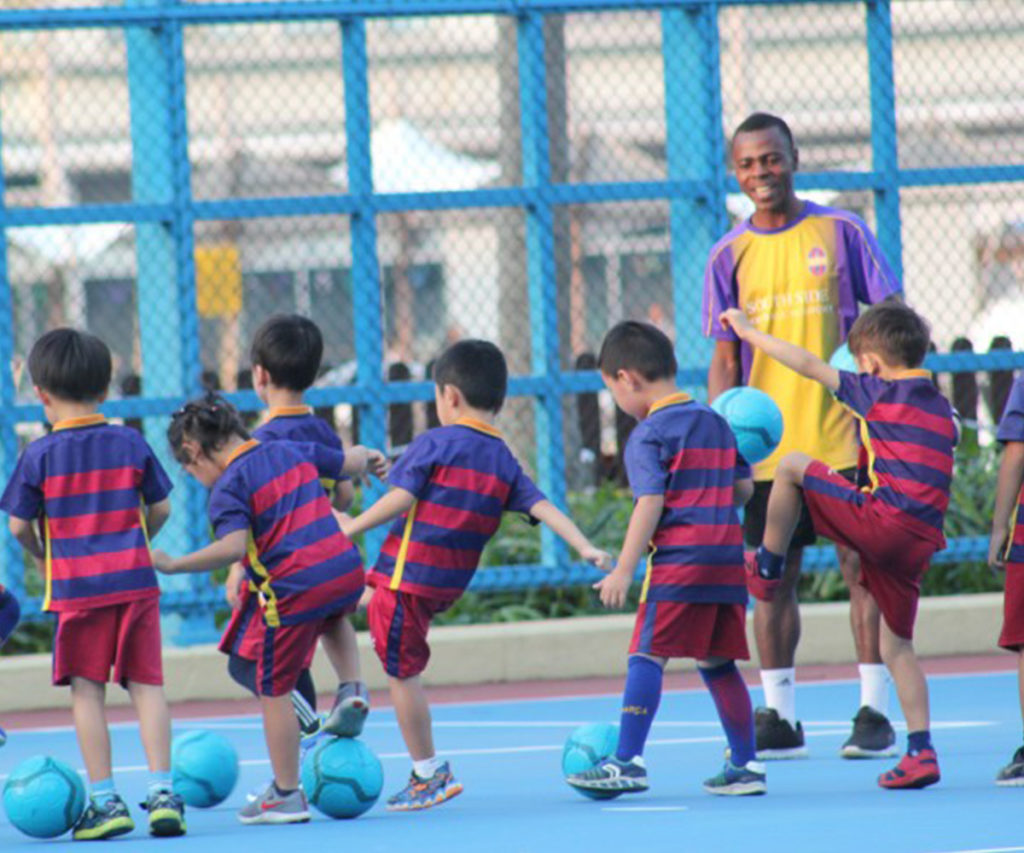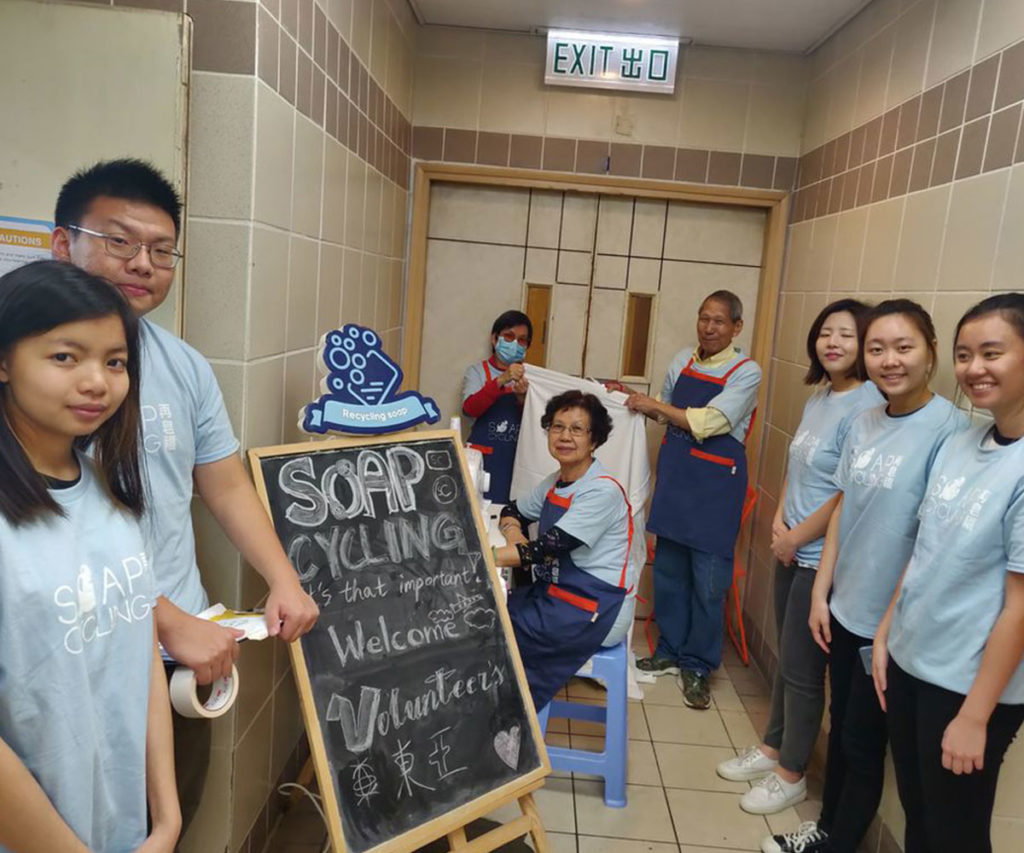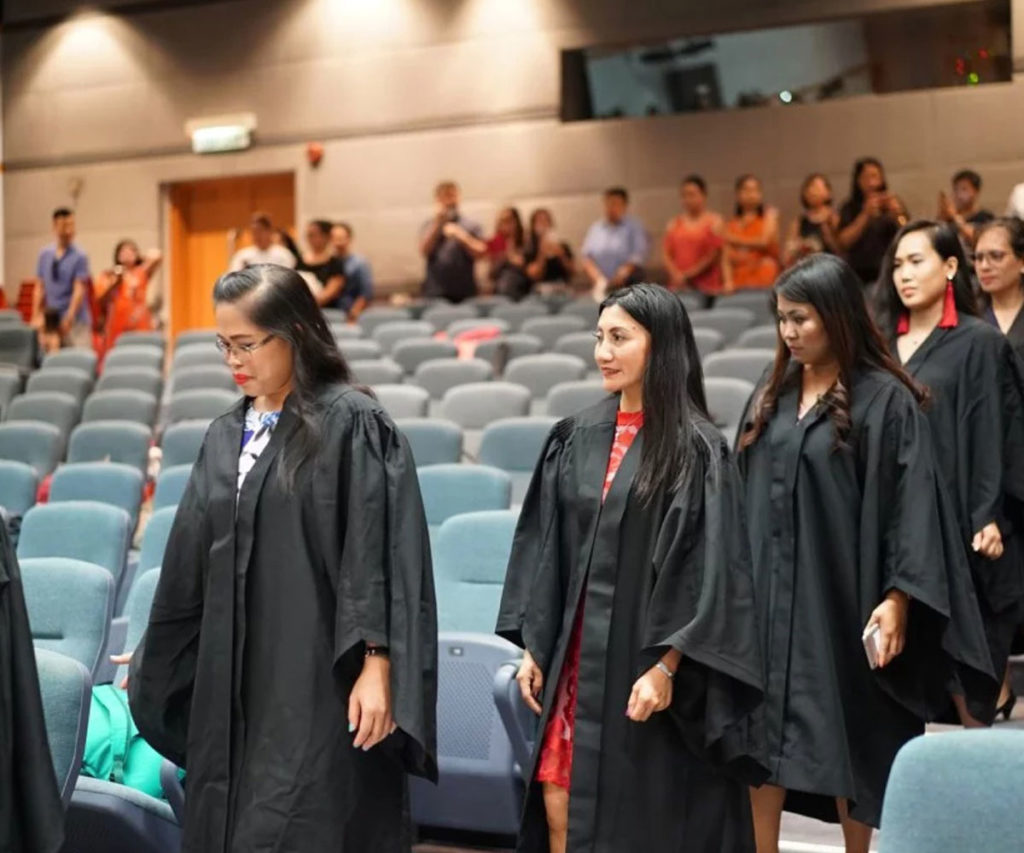We recently spoke with Tomáš Kessl, one of the 2017 Impact Lab cohort who worked at the team that would later become the FSI we know today. Read our interview with Tomáš, from Příbram, Czech Republic, who is currently based in Berlin and Nairobi as Head of Partnerships & Business Development at EIDU, an EdTech social enterprise using digital tools to help children access quality education.
 Which Impact Lab cohort were you, Tomáš? Why did you sign up for the Impact Lab Course?
Which Impact Lab cohort were you, Tomáš? Why did you sign up for the Impact Lab Course?
I took part during the Spring semester of 2017 at The University of Hong Kong. I joined the Impact Lab because I wanted to do something less theoretical, and I have always been interested in social entrepreneurship, so it was a perfect fit.
What was your experience of the Impact Lab like? Which company did you work at, and what were your roles and responsibilities?
I worked at SIPO – Social Impact Public Offering – which later became what is now the Foundation for Shared Impact (FSI). Our roles and responsibilities evolved during the semester, but apart from working on the overall SIPO business model, our team was involved in communications and collaborated closely with the Fair Employment Foundation, which ultimately led us to create the Space4Maids video.
Tell us more about the Space4Maids video. What prompted you and your team to create the satire to highlight Hong Kong employers’ often inhumane treatment of their lived-in foreign domestic workers?
When we came to Hong Kong, none of the people from my team was aware of the situation of foreign domestic workers and of all the issues associated with it. We were appalled when we learned about the horrible conditions that some domestic workers are forced to live in, and wanted to re-create a similar sense of shock for people who were not paying much attention to this topic.
The idea was to make people realize that hiring a maid is not just a simple business transaction; that they should see domestic workers as humans who have their own needs and who suffer in the living conditions they are forced to accept. In the video we take an existing situation and make it just a little more extreme to illustrate that similar things do actually happen, but that they should never be acceptable.
 After you completed the Impact Lab Course, you joined the Boston Consulting Group as Associate, and whilst a Senior Associate, you took a Social Impact Leave of Absence, which soon saw you landing your current role as Chief of Staff at EIDU. Can you elaborate on this social impact journey of yours?
After you completed the Impact Lab Course, you joined the Boston Consulting Group as Associate, and whilst a Senior Associate, you took a Social Impact Leave of Absence, which soon saw you landing your current role as Chief of Staff at EIDU. Can you elaborate on this social impact journey of yours?
Participating in the Impact Lab Course reinforced my belief in the value of social enterprise and helped me realize that I want to ensure that social impact is part of my career going forward.
When I was Senior Associate at the Boston Consulting Group, I took the Leave of Absence in order to join EIDU directly as Chief of Staff. The main motivation for me was to find a job with a company in the social impact sphere whose mission I believed in and where I could meaningfully contribute and leverage my existing skill-set.
EIDU is an EdTech social enterprise that uses digital tools to help children in developing countries access quality education. We are based in Berlin and our main on-the-ground operations happen in Kenya, where we plan to expand significantly this year. Our platform has already been made available to thousands of schools across Kenya, Nigeria, and Ghana, and we currently have tens of thousands of active learners.
As Chief of Staff, I work directly with the CEO on a variety of topics including strategy, organizational excellence (organizational structure, processes, recruiting), scaling of our on-the-ground operations and preparing for upcoming expansion, and fundraising. I have also worked on other finance topics including internal cost-tracking and financial planning.
What is your advice to the students who would like to take the Impact Lab Course?
Go ahead! It’s a great learning experience, a chance to have impact while working with an awesome bunch of people, and a boost to your future employability as companies highly value hands-on experience.
What would you say to impact-driven youth who would like to start their project or organization to make the world a better place?
I think that’s amazing – the world needs more people who think about the impact of their work and who want to make the world a little bit (or a lot) better. Starting your own project can be a daunting task, so don’t be afraid to reach out and ask for advice as there is plenty of support available, and especially people in the social impact sphere are usually more than happy to help.
From your experience from co-founding and consulting for the Glasgow University Entrepreneurship Society, as an associate of the Boston Consulting Group, and now on the leadership team at EIDU, what do you think are the major challenges facing young entrepreneurs, especially those with a social mission? How can tertiary educational institutions play a part in providing solutions?
Young entrepreneurs face many challenges, from the more obvious ones such as lack of funding to insufficient support in terms of business guidance or unavailability of legal advice.
However, one of the more overlooked hurdles is a bit counterintuitive – the abundance of career options combined with the social pressure to pick the “best” one for yourself. Compared to more traditional career choices such as consulting or banking, starting a social enterprise or joining an existing one can be a difficult choice to make for young, ambitious professionals. Universities can do a better job in promoting social enterprise as a legitimate career choice, especially given that social enterprises will inevitably lack the recruiting budgets of established profit-oriented firms.
For about a decade, the Foundation for Shared Impact (FSI) has developed an impact-based learning curriculum and empowered over 1,000 students from all over the world through our Impact Lab Course.
The idea behind the Impact Lab Course is to offer students a safe environment that equips them with hands-on business skills while working at our partner companies, where they can learn to manage social impact projects, communicate with others, utilize their creativity to solve real-life problems, and become the responsible, impact-driven leaders of tomorrow.
To quote Justen Li, an alumni who we interviewed for this case study, Impact Lab gives students an opportunity to fail without too much pain, but just enough pain to allow them to fail forward – to find lessons from their failures.
As with the other programs and initiatives at FSI, the Impact Lab Course is guided by our shared impact philosophy, and we are happy to see students graduating from the course, taking the shared impact with them to their impact-driven work now.



